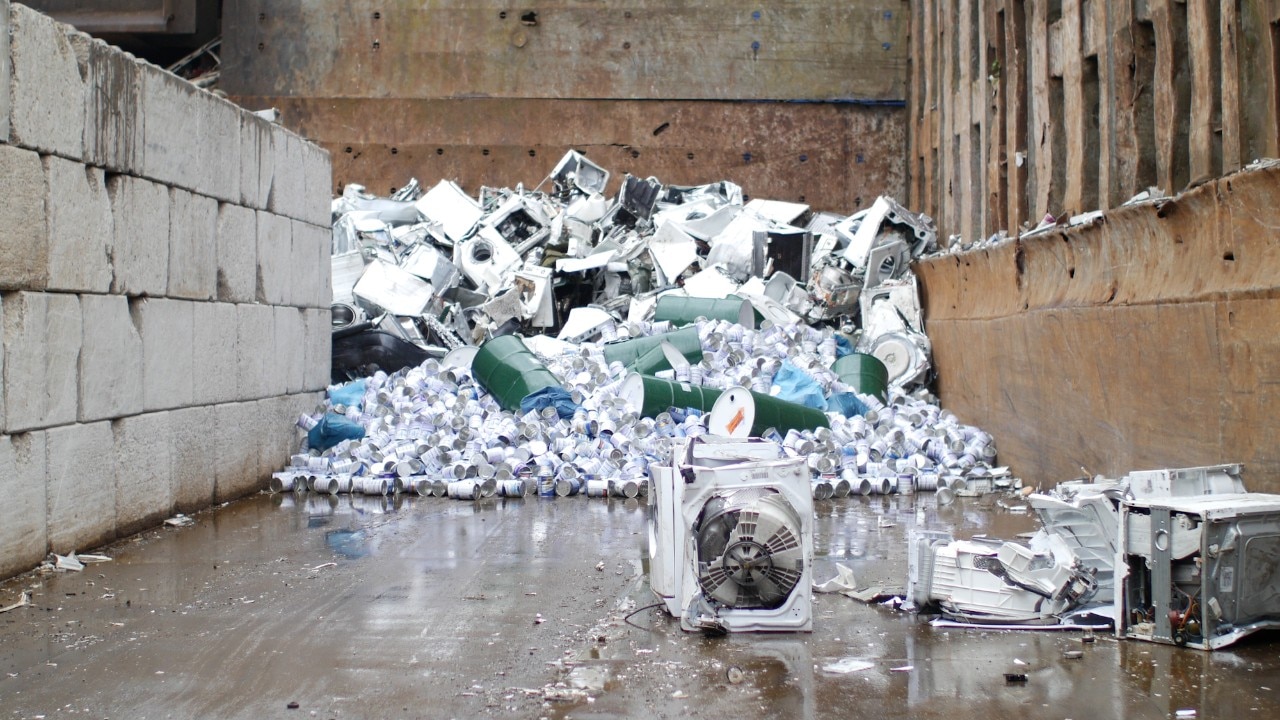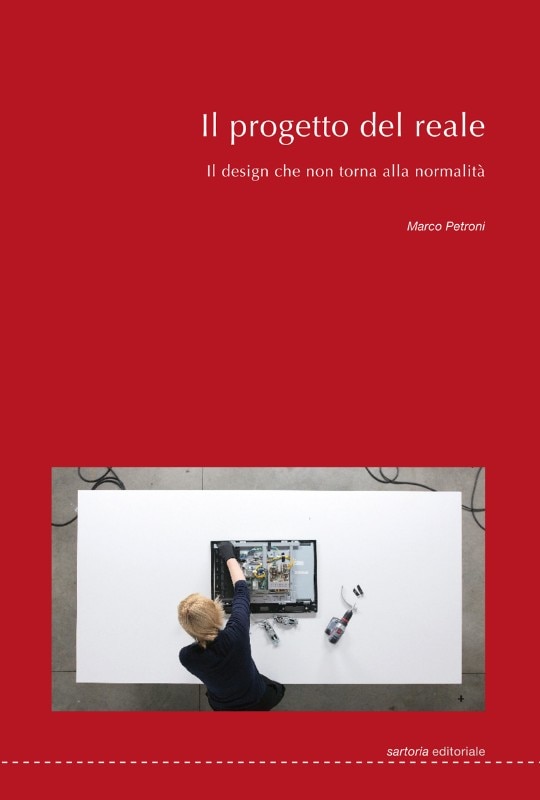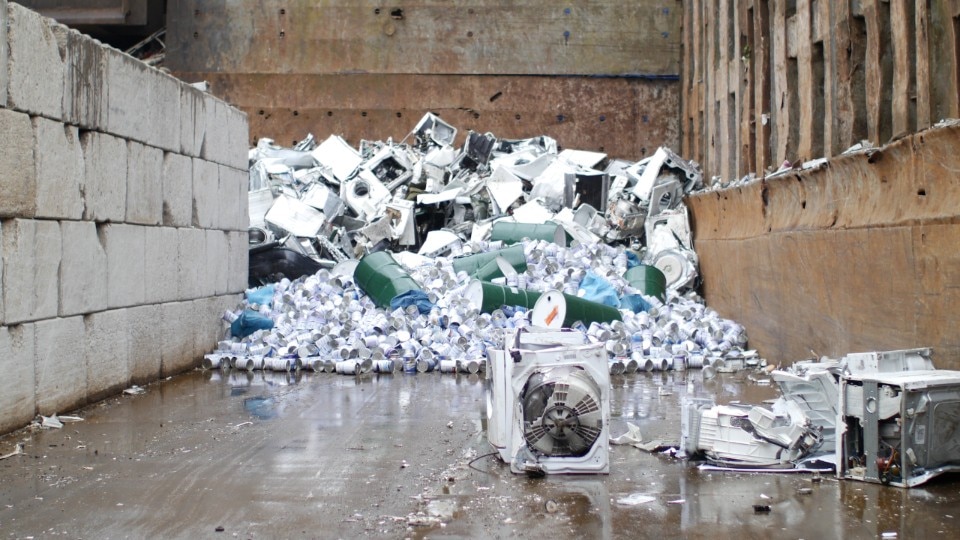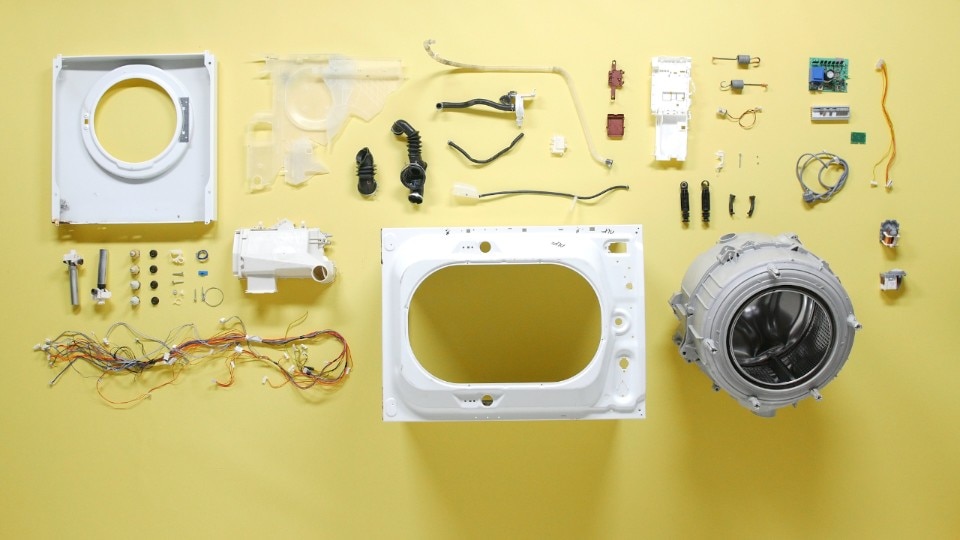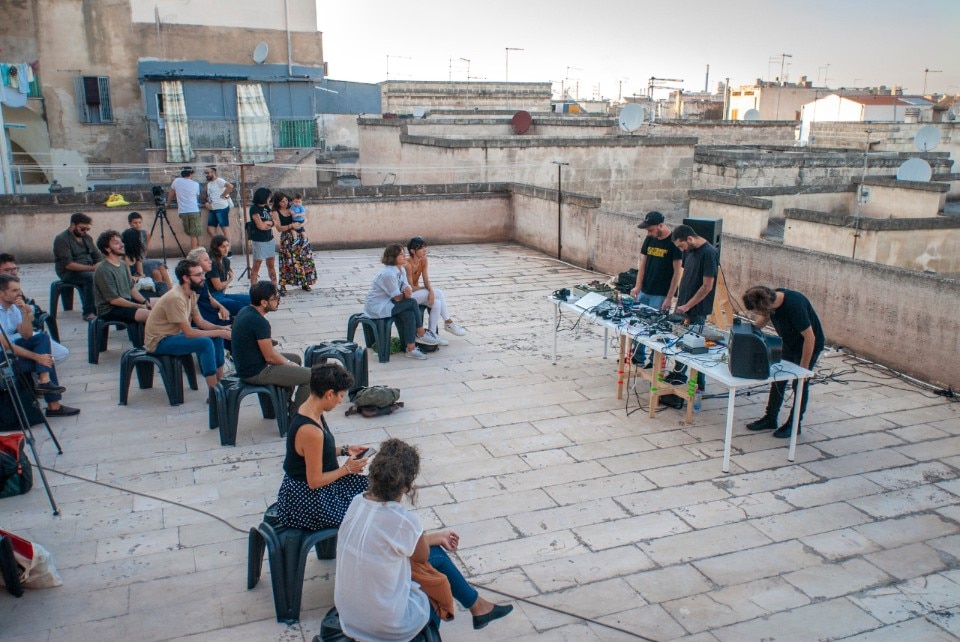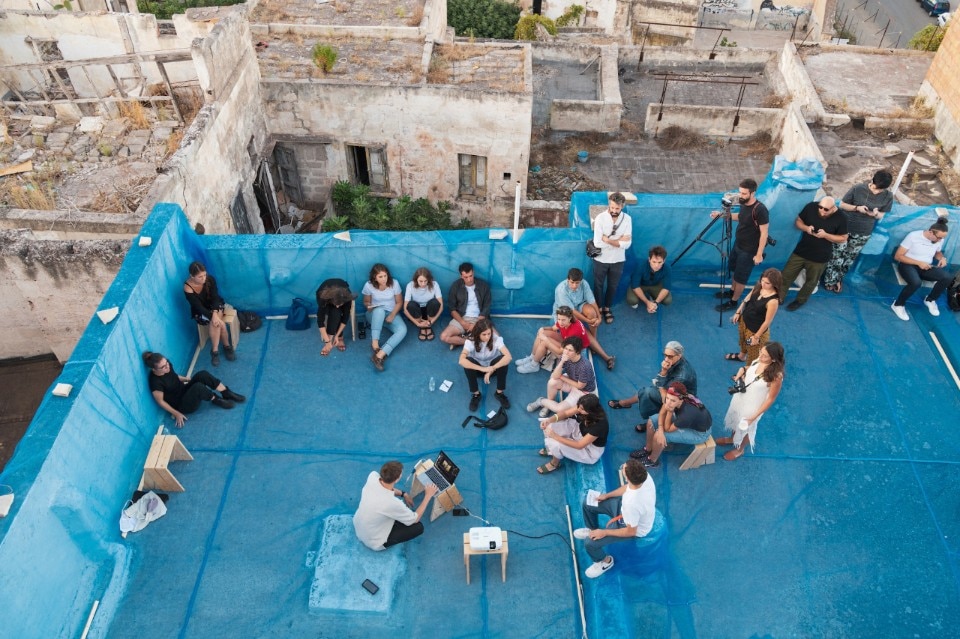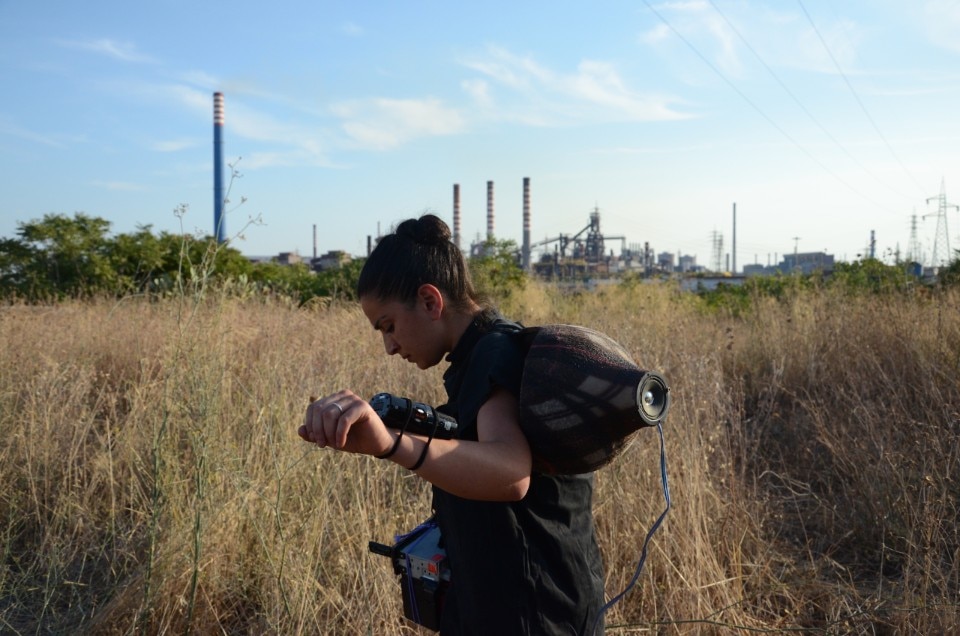The recent pandemic has drawn attention to the crisis of contemporary living, which is dominated by the twisted use of digital technologies. Without a sound knowledge of these media, especially social media and most importantly Facebook, it is causing more and more inequality within communities.
The relationship between human beings and technology brings to mind what happened in the 1960s and 1970s, where the radical neo-avant-garde movements, like the 9999 Group or Ant Farm, saw in technology the possibility to imagine new worlds. Technology soon turned into a deadly weapon during the Vietnam war, which led to the establishment of the 1968 movement and the counterculture in America, Europe and Italy.
Now that we are orphans of these movements, which we are however still trying to approach with sterile and hypocritical results, new and unexpected scenarios determined by the crisis between democracy, participation, citizenship and precariousness are opening up and turning the spotlight on terms like “revolution”, a word that is still capable of synthesizing a way of acting. We are accompanied in this old/new dimension by Marco Petroni’s exciting book, Il progetto del reale. Il design che non torna alla normalità (literally The project of the real. The design that does not go back to normality).
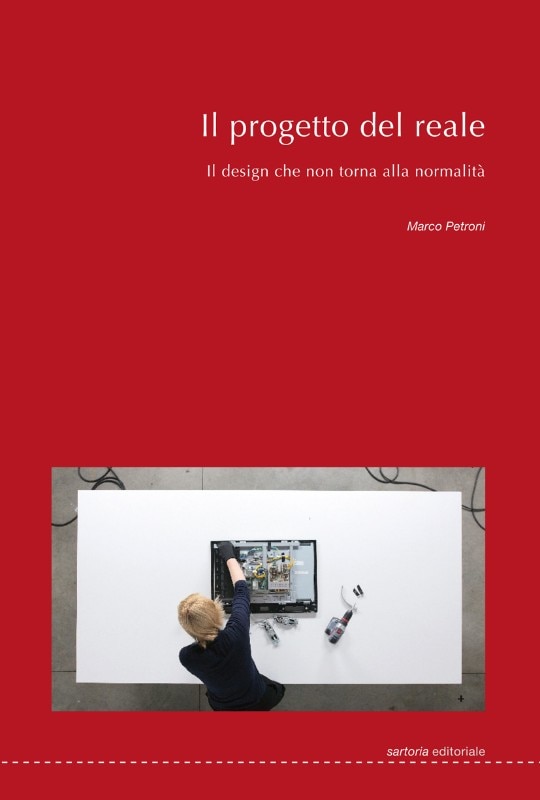
Petroni meditates on some fundamental primary questions that go beyond the logic of the dominant culture and the media system: “What will we remember about our precarious lives? What actions? How can we deal with the tensions between the rancorous and selfish technological loneliness of the contemporary individual and the living matter of the planet, mortally wounded by the capitalist economy?”
Undoubtedly, the pandemic has drawn attention to the state of degradation of the contemporary society, which is increasingly accustomed to the consumerist use of technology that, since the very beginning, has been sold to us as the only possibility for communities and individuals to eliminate physical, cultural and social distances. This is partly true. When it comes to Italy, the absence of good internet speed and stable phone connections determines the evolution or involution of a community, not only in human but also in economic and social terms. The control exercised by technological capitalism directs and manipulates our behaviors, tastes, passions, and habits without allowing the citizens to decide for themselves.
As sociologist Massimo Ilardi recently pointed out in a paper published on archphoto.it, “the immutability of human nature, based on power relations, the will to dominate and the irreducibility of conflict, has always easily won over the utopia of another possible world and the expectation of a change of civilization that would make us better. On the other hand, has the political realism of Macchiavelli, Hobbes, or even Schmitt, revealed a world that does not exist? Has it told of a human nature that was dirty, ugly and evil only in the heads of his theorists? Or is it real and effective an immutability of the human nature that founds one of the essential assumptions of political action and its autonomy?”
It is with this immutability of human nature that we must confront ourselves through a new out-of-line project that looks at contexts and communities by emphasizing an engaged and radical critical action, in the etymological sense of the expression “getting to the root” of things.
“While the elites continue to profess their inscrutable technotronism” continues Petroni, “the inequalities that technologies bring to the society continue to be increasingly widespread and undeniable. The theme of digital democracy is investigated by focusing on the dynamics of public space, whether it be digital, virtual or physical”.
So, how can we dispose of this digital claustrophobia in which the citizen is a prisoner? Petroni analyzes a series of case studies that try to give an answer by adopting keywords such as community and public space and at the same time addressing the macro theme of climate change.
Among the case studies analyzed by Petroni, there are two that are quite convincing. First, there’s the project of WORKac collective, carried out together with Ant Farm’s Chip Lord. It is called 3. C. City: Climate, Convention, and Cruise, a floating city in which several species coexist and that “does not belong to any state, as the designers claim, and is intended to encourage a dialogue and debate between 28 people and other species such as dolphins and other marine creatures. It is like a ship, a research laboratory, a conference center and a vehicle of dreams”.
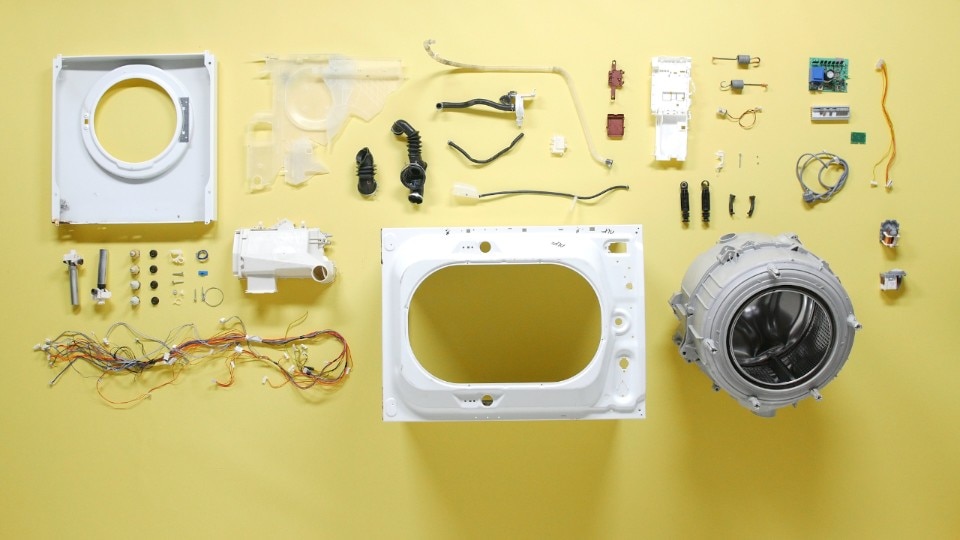
Equally interesting and useful to spark off a debate on natural resources is the project Fordlandia by Studio Swine. Fordlandia stems from the idea of the factory town that car manufacturer Henry Ford built in 1920 in Brazil. There, he built houses for workers and roads in order to extract natural rubber directly on site. However, this did not happen because of the rioters that considered this city too oppressive, so the project was abandoned. Studio Swine aims to design the production cycle of a new plastic material, called ebonite, to replace ebony wood and thus preserve the Brazilian forest heritage. This way, design takes on an ethical position, overturning the paradigm that says that design is only an aesthetically beautiful product to display in the living room.
So, we have no more time, we must act quickly – this is the message that Petroni is sending us. Climate change is no longer the future, it is already the present, so we have to confront it without any rhetoric or shortcut, but rather by acting on a political and cultural level, always conscious that the space for action is big, but we must necessarily fill it with content.




